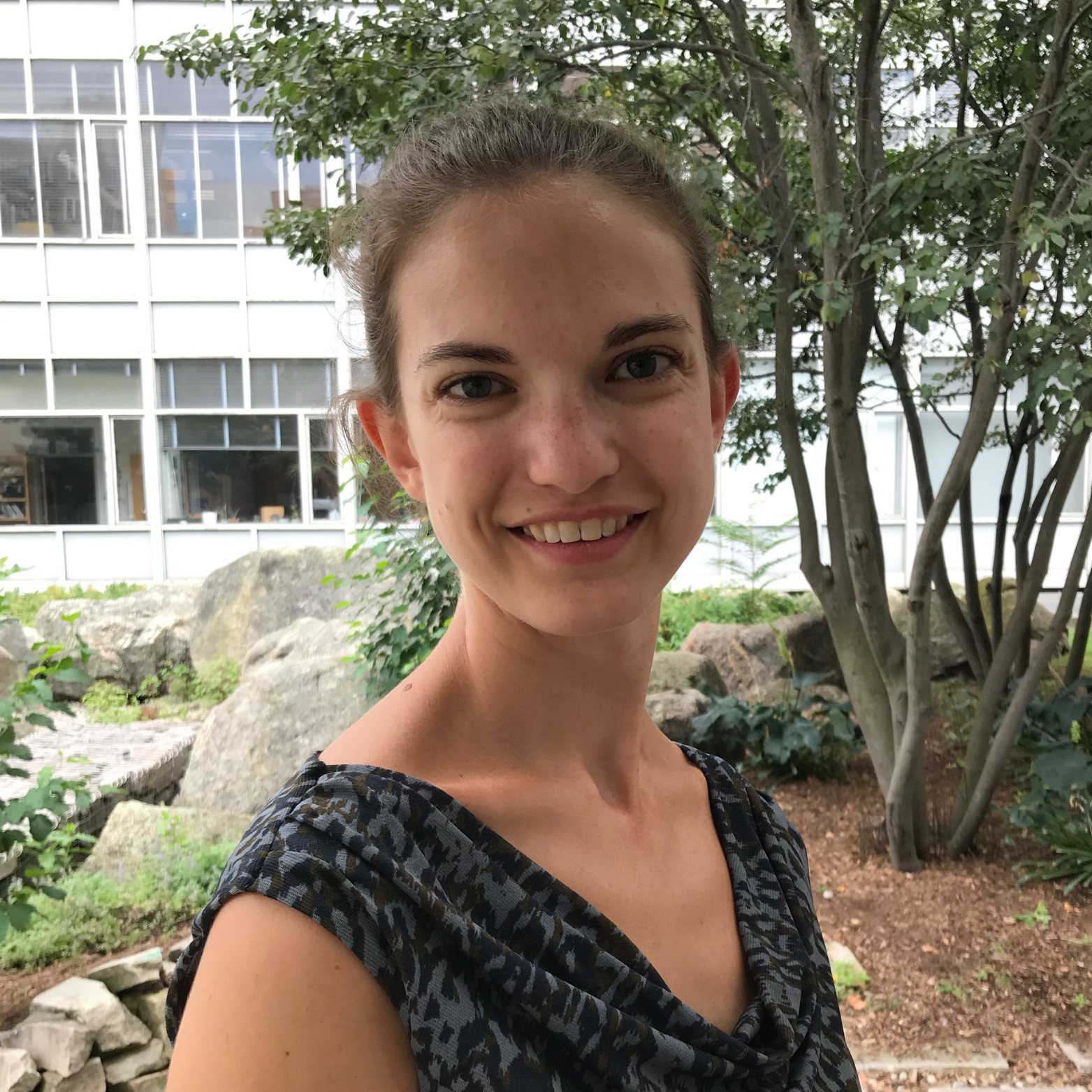 Jennifer Kay
Jennifer Kay
Silent Spring Institute
Tell us a bit about your scientific and educational background.
After exploring a few areas of bioscience-related engineering research in undergrad, I joined the Biological Engineering department at MIT for grad school with the goal of understanding disease to support prevention. Joining Bevin Engelward's laboratory, that disease turned out to be cancer. Ever since, I have dedicated my research to learning about the origins of carcinogenesis so that we can identify ways to prevent it from occurring in the first place. As a postdoc, I helped found the MIT Superfund Research Center and led animal-based projects to track the biological progression from chemical exposure to liver cancer. I then joined Silent Spring Institute as a Research Scientist in 2020, where I study how chemicals cause breast cancer, identify chemicals that produce those effects, and translate that research to policy impacts.
What do you see as the greatest value or most rewarding aspect of your scientific work?
Silent Spring emphasizes translation of research to public health policy, which is one of the things that drew me in. There's nothing like the rush from finding exciting results in data you've generated, but it is also incredibly satisfying to bring those findings beyond publications to decisionmakers and advocates who can help you advance public health protection.
What initially drew you to the EMGS?
I joined Bevin Engelward's laboratory as a grad student and adopted EMGS as my home society too.
How has EMGS impacted your professional development?
EMGS has a ton of opportunities to support young researchers. The student travel awards were great not just for supporting my attendance at meetings, but also for building my resume. SIGs helped me find a community of people who approach science the way I do. And now, as a Newly Independent Investigator Engagement Program awardee, I have a whole new array of opportunities to get more involved in the society and build new relationships.
What advice would you offer to students or early career investigators?
Try to talk to people even though it's uncomfortable. Attend optional events. Consider alternative career paths.
What involvement opportunities with EMGS have you found to be the most rewarding? SIGs, awards, etc.
Probably SIGs, though it's difficult to engage with those early morning meetings!
What are the most rewarding connections you have made since joining EMGS?
Les Hanakahi and Carole Yauk!
If you could meet any scientist, past or present, who would it be and what would you talk about?
Rachel Carson! I'd want to talk about pesticides and human and ecological health effects. And also the incredible beauty and complexity of nature, and what humans need to do to live together with it, rather than trying to take control of it.
If you were not a scientist, what would you be doing?
Advocating for more responsible waste management.
 2025 EMGS Program Chair
2025 EMGS Program Chair